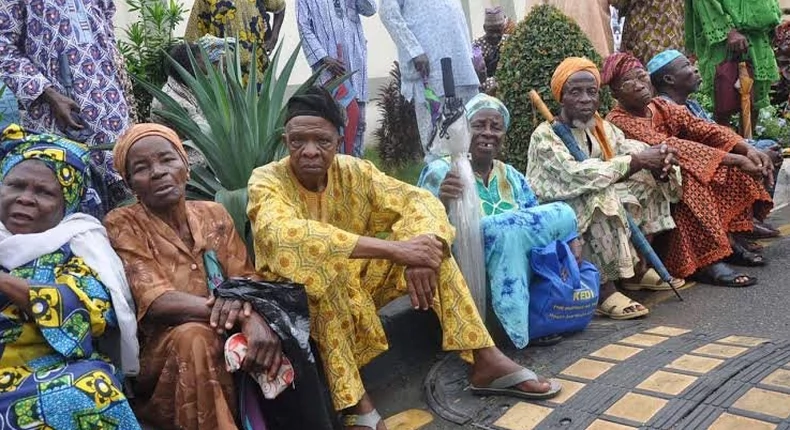Mrs. Kachollom Daju, the Permanent Secretary of the Ministry Health, has stressed the importance of addressing healthcare services for the elderly within the country. Daju made this assertion during the National Summit on Healthy Ageing in Nigeria held in Abuja on Monday, under the theme “Decade of Healthy Ageing in Nigeria: Situation, Challenges, and Transformative Pathway.” She highlighted the creation of a national committee by the government to address the specific issues faced by the elderly.
“In light of the national significance of the matter, it is imperative that the healthcare needs of the elderly are treated as a top priority,” Daju emphasized.
She also pointed out that empowering and supporting the elderly could lead to their meaningful contributions to the social and economic fabric of the nation.
Daju lamented the current healthcare landscape in Nigeria, citing factors such as inadequate government funding, limited consultations, and a shortage of skilled healthcare professionals to cater to the elderly population.
“Regrettably, the current allocation of government funds to the health sector in Nigeria stands at a mere five percent, contrasting starkly with the 15% commitment made in the Abuja declaration of 2001,” she remarked.
Daju further highlighted the lack of access to quality healthcare services for many Nigerians, especially in rural areas. She urged the government, in collaboration with stakeholders, to strategize and formulate a comprehensive healthcare plan tailored to the needs of the elderly.
Dr. Walter Mulombo, the WHO representative in Nigeria, underscored the significance of effective integrated community-based approaches (ICOPE) in enhancing the well-being of older individuals in Nigeria. Mulombo advocated for continued capacity-building, evidence-based guidance, and support for knowledge sharing among relevant stakeholders.
“Comprehensive data and innovative solutions are crucial at all levels to guide decision-making and improve the coordination of healthcare services,” he emphasized.
Mulombo called upon the government to exhibit leadership and increase investment in human capital development. He urged a focus on partnering with the elderly and prioritizing initiatives aligned with the decade of healthy ageing, ultimately aiming to foster improved engagement with this demographic.
He stressed the necessity of understanding the unique needs of older individuals, emphasizing the importance of enhancing health and long-term care, particularly within communities. Mulombo highlighted the potential for multi-sectoral collaboration that aligns with the primary healthcare system approach.
“WHO is fully committed to supporting and actively participating in this collaborative endeavor to achieve desired outcomes in line with the UN resolution for the decade of healthy ageing,” he assured.
Globally, the population aged 65 or over was approximately 703 million in 2019. This figure is projected to more than double over the next three decades, surpassing 1.5 billion individuals in 2050. Nigeria, with around 14.8 million individuals aged 60 and above, is not exempt from these demographic shifts.
Mulombo emphasized the centrality of ageing-related concerns within the Sustainable Development Goals (SDGs), particularly Goal 3, which seeks to ensure well-being and healthy lives for all at every age. He noted that various assessments of Nigeria’s healthcare system, including the impact of the ongoing global COVID-19 pandemic, have underscored the need to fortify healthcare systems to better cater to the needs of older individuals.
